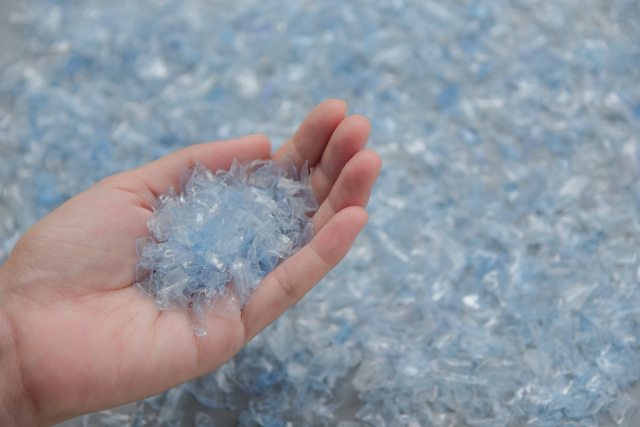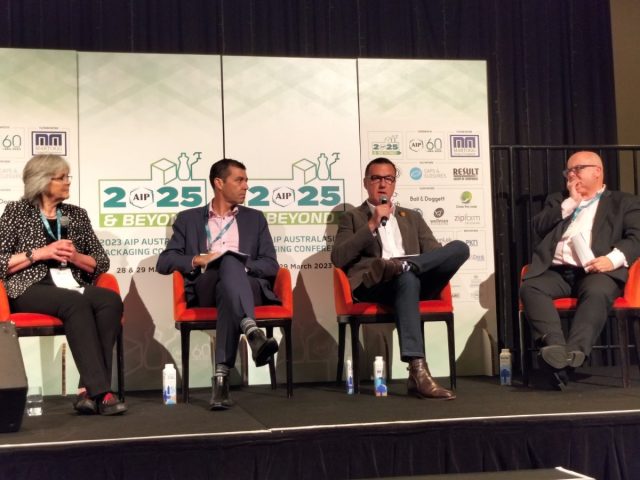
Herma has introduced an entry-level rPE white rv PE film consisting of 50 per cent post-consumer recycled material at almost the same price point as a conventional film to enable a significant increase in sustainability, even for price-sensitive projects.
The rPE white rv PE film (grade 857), which consists of 50 per cent post-consumer recycled material (PCR), comes, among other things, from the particularly problematic end consumer waste. The other half of the product is made of new plastic.
According to Herma, this combination enables a level of production costs that is close to a conventional standard PE film.
Herma project manager Hendrik Kehl said, “The goal should be to initiate material cycles in such a way that as many recycled materials as possible are used. Flagship projects, in which costs only play a minor role and the proportion of recycled materials can also be 100 per cent, continue to send out an important message but, unfortunately, do not often have a widespread effect.
“Although the use of recycled plastic is better for the environment and carbon footprint, it is still more expensive than new plastic due to the complex treatment processes. And for many mass applications, cost is critical.”
The rPE white rv is versatile with a glossy, corona-pre-treated surface, producing good print quality in all conventional printing processes.
It can produce optically pretentious, glossy and opaque labels, which should preferably be used on PE surfaces for recycling reasons.
The recycled film is also suitable for subsequent labelling with thermal transfer printers; however, Herma recommends preliminary tests.
The high flexibility of the film also allows for easy application on curved surfaces.
With its so-called specks, the unique film look of the rPE white rv makes the recycling approach visually clear. The size and distribution of the specks vary because they depend on the quality of the recycled material from the household-related collection of recyclable waste.
The new film incorporates the adhesive 62Xpc, specially developed for film labels. It is resistant to moisture, soaps and oils and is therefore particularly suitable for product labels in the personal care, cosmetics and household products industries.
“This new film is an absolutely competitive option for standard applications in every respect, but with the advantage that it is more sustainable than conventional materials,” Kehl concluded.


